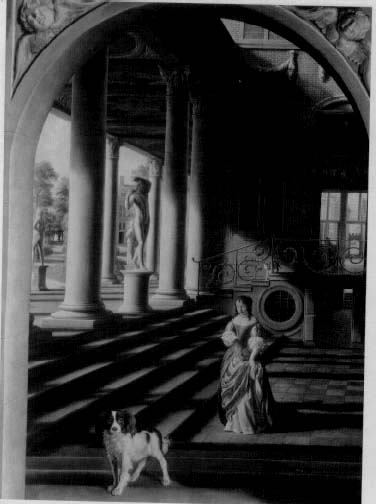The Principles of the Most Ancient and Modern Philosophy (1690)
Context: I say, life and figure are distinct attributes of one substance, and as one and the same body may be transmuted into all kinds of figures; and as the perfecter figure comprehends that which is more imperfect; so one and the same body may be transmuted from one degree of life to another more perfect, which always comprehends in it the inferior. We have an example of figure in a triangular prism, which is the first figure of all right lined solid triangular prism, which is the first figure of all right lined solid bodies, where into a body is convertible; and from this into a cube, which is a perfecter figure, and comprehends in it a prism; from a cube it may be turned into a more perfect figure, which comes nearer to a globe, and from this into another, which is yet nearer; and so it ascends from one figure, more imperfect to another more perfect, ad infinitum; for here are no bounds; nor can it be said, this body cannot be changed into a perfecter figure: But the meaning is that that body consists of plane right lines; and this is always chageablee into a perfecter figure, and yet can never reach to the perfection of a globe, although it always approaches nearer unto it; the case is the same in diverse degrees of life, which have indeed a beginning, but no end; so that the creature is always capable of a farther and perfecter degree of life, ad infinitum, and yet can never attain to be equal with God; for he is still infinitely more perfect than a creature, in its highest elevation or perfection, even as a globe is the most perfect of all other figures, unto which none can approach.
Anne Conway Quotes
The Principles of the Most Ancient and Modern Philosophy (1690)
